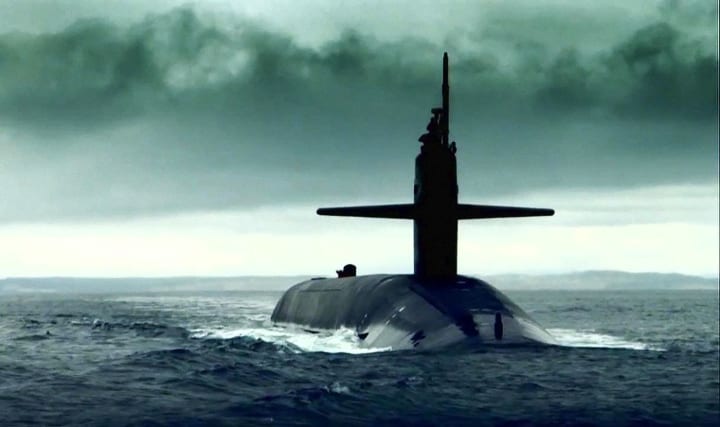Understanding the Collective Intelligence of Pro-opinion
Pro-opinion is continuing the evolution of collective intelligence.
True Story. In May of 1968 an American nuclear submarine, the USS Scorpion, vanished in the calm waters of the Atlantic. Chaos ensued deep in the war rooms beneath the Pentagon. The greatest military minds could not with any degree of accuracy locate the vessel. It could be anywhere within a 20-mile radius and at great depth. Finding it was a monumental endeavor.
John Craven, the Chief Scientist of the US Navy’s Special Projects Division, was called in to consult. Craven, a progressive abstract thinker, assembled a team of specialists from very different backgrounds. This research-driven community consisted of mathematicians, meteorologists, marine biologists, and salvage and submarine experts. They received all the collected data available and, individually, offered their informed opinions on possible scenarios and location sites. Gathering all of the input, he next did a probability analysis to define a collectively deduced location.
After five months of internal futile efforts, the frustrated Navy sent a ship, following Craven’s unorthodox estimates. The outcome amazed all. The Scorpion was finally discovered only 220 yards from where Craven’s calculations said it would be.
The collective guess was entirely different from any of the individual experts’ estimates. However, as a “crowd,” they were much more accurate in identifying the needle in the haystack.
The same abstract methodology used by Craven is an essential part of the content landscape in the second stage of the digital revolution. For any successful company, new answers can be found when you harness the collective intelligence of your audience. The most challenging content to create will be that which engages the user and leaves him better informed and looking for similar content.
The greatest successes of collective intelligence more typically rest on the thesis that data input is more valuable when the output is exponential. When 10 people contribute 1 idea each, an individual is exposed to all 10 points of data. The intelligence gathering has come a long way since 1968. Today, a company such as ProOpinion is fueled by thousands of professionals, engaging users in an informative and scalable environment. Imagine if John Craven had been able to rapidly receive responses, not from a handful of different professionals, but rather from thousands.

By participating directly in the formation of content, users discovering trends become part of an organic process. Content is generated by the community through direct participation in surveys, questions, and analysis. Beyond the obvious value users derive from the data, ProOpinion incentivizes users more directly with online rewards and gift cards.
Applied collective intelligence is no longer limited to a handful of intellectuals in labs and conference rooms. ProOpinion paves the way for a global collective. It is a unique blend of opportunity and sharing, containing easily accessible, up to date, curated business news feeds that transcend traditional models. Though the content is extremely diversified, its overreaching philosophy of directly engaging users and providing consistent cohesive information is not diluted by non-core content.
The internet age and the successes of systems like Google and Wikipedia suggest that the time is now ripe for many more such systems. The next generation of business leaders, politicians, and technology innovators understand how to take advantage of these possibilities.
Think of Google, for instance, where millions of people all over the world create web pages and link those web pages to each other. Then all of that knowledge is harvested by the Google technology so that when you type a question in the Google search bar the answers you get often seem amazingly intelligent, at least by some definition of the word "intelligence." Or think of Wikipedia, where thousands of people all over the world have collectively created a very large and amazingly high quality intellectual product with almost no centralized control. And by the way, without even being paid.
ProOpinion continues the evolution of collective intelligence. It could be argued that human intelligence has been, more often than not, a collective phenomenon not an individual one. We learn languages. We learn to communicate. Most of our intellectual accomplishments as humans really result from interactions of an individual with a community and network of other humans as well as a broad body of knowledge.
“Thinking about collective intelligence can help us to understand not only what it means to be individual humans, but what it means for us as humans to be part of some broader collectively intelligent entity.” - Thomas W. Malone, Professor of Management, MIT Sloan School of Management.
About the Creator
Frank White
New Yorker in his forties. His counsel is sought by many, offered to few. Traveled the world in search of answers, but found more questions.






Comments
There are no comments for this story
Be the first to respond and start the conversation.